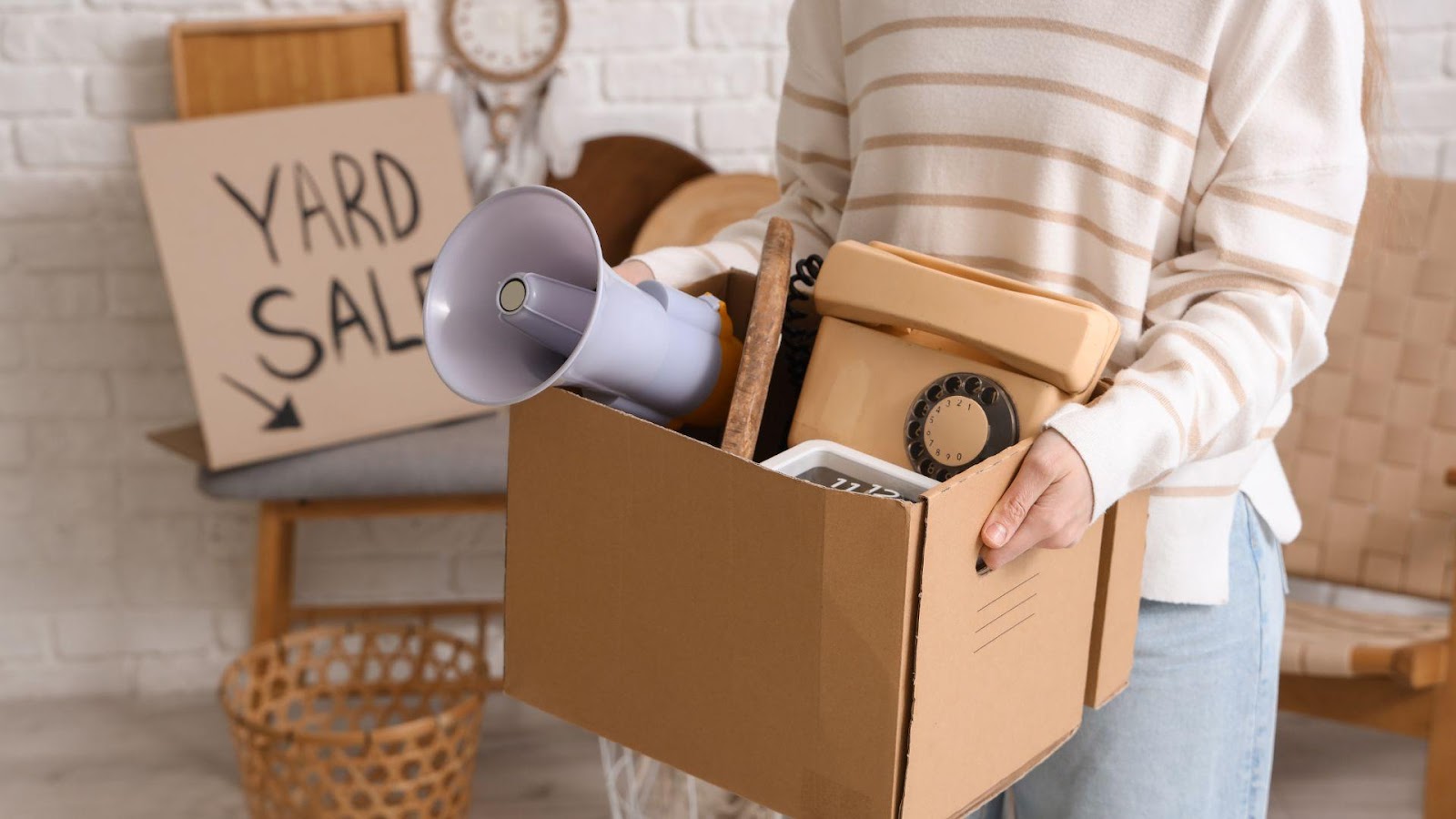
According to a recent survey, the average person generates nearly 4.9 pounds of waste per day. That’s not just junk—it’s a wake-up call.
Your overflowing closet is a part of a global problem. Sustainable decluttering, done right, can help you part ways with unwanted stuff and protect the planet at the same time.
Forget mindless tossing. Embrace a different approach that respects resources and shrinks your footprint.
Why Sustainable Decluttering Matters
Mindful disposal doesn’t wrap up when the garbage truck drives away. Each tossed item ripples through ecosystems, landfills, and oceans.
“Understanding the impact of your choices transforms decluttering from a chore into a conscious shift in how you value your belongings,” notes the team at All Sorted Out.
It’s a reminder that waste has a journey, and you control its path. Before you trash anything, recognize the chain reaction you’re triggering. Realizing this puts you in charge of your legacy, not just your linen closet.
Rethinking “Junk”
Before labeling something as worthless, pause.
Your old lamp might light up someone else’s living room. Your extra kitchen utensils could sharpen someone else’s culinary skills. Waste or resource? You decide.
Suddenly, your attic becomes a treasure chest waiting to be shared. A simple mindset tweak creates a ripple of positive change.
Smart Donation Options
Charities, shelters, and community organizations hunger for your gently used goods.
Your faded shirt might warm a neighbor on a chilly night. Your extra mugs might fill a nonprofit café with comfort and charm. Donating moves items from cluttered corners into helping hands.
Don’t limit yourself to the obvious. Libraries love secondhand books, schools crave supplies, and art centers cherish creative materials.
Through donating smart, you become more than a declutterer—you become a catalyst for goodness.
Donation Direction
-
Pair each item with a fitting organization (e.g., clothes to shelters, books to libraries)
-
Explore local “free-cycle” groups for direct exchanges
-
Ask charities about their wish lists before dropping off
-
Host a backyard swap party for friends and neighbors
-
Keep a seasonal donation calendar to stay on track
Recycling and Repurposing
Not everything belongs in someone else’s hands.
Broken electronics, old glass jars, and tattered fabric scraps can still find a second life through recycling or repurposing. What looks like trash might be raw material waiting for reinvention.
This approach turns discards into discoveries. Turn bottle caps into craft projects, old wood into garden planters, or used paper into fresh notebooks. By embracing creativity, you rescue resources from a dull fate in the landfill.
Repurposing Inspiration
-
Turn old containers into charming storage solutions
-
Transform wooden pallets into backyard seating
-
Cut worn-out clothing into cleaning rags
-
Convert chipped dishes into quirky mosaic art
-
Reinvent plastic bottles as watering tools for plants
Finding Local Disposal Solutions
Some items demand specialist attention.
E-waste, hazardous materials, and certain plastics need careful handling. Seek out your city’s designated drop-off centers or partner organizations that give these items a safer exit strategy.
Armed with information, you’re no longer tossing blindly. Instead, you’re guiding objects toward responsible next steps.
Local solutions are proof that your community thrives when everyone does their part.
Your Sustainable Path Forward
Every well-placed donation and thoughtful reuse breathes fresh life into what once seemed like scrap.
This journey reshapes not only your space but your mindset. From now on, you’ll see potential where you once saw waste. Let this be your turning point.